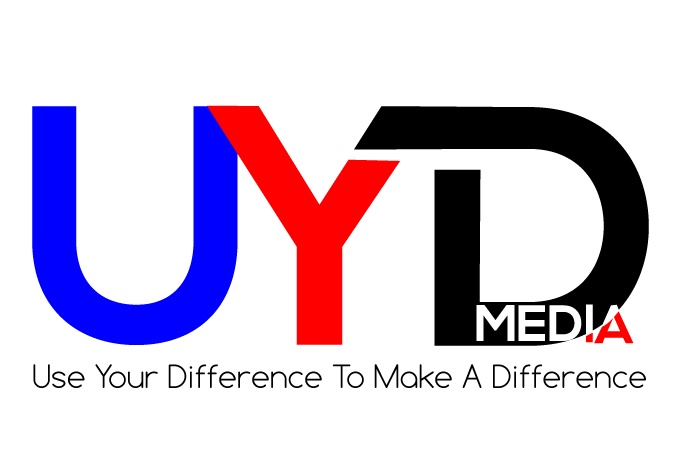Mohammed Abdullah fixed his tie, took a deep breath, and walked into the room. This was his second interview, and he wanted to make it a good one. Across from him were two gentlemen, much older than he was, dressed very formally and sitting at a long wooden table. They motioned for Mohammed to take a seat, which he did, and they began peppering him with questions: Did he have any problems finding the office? How was the commute? Did he know this neighborhood? Was he from around here?
Mohammed knew these small talk questions were coming, but he still felt uncomfortable answering them. In Saudi Arabia, where Mohammed was born and raised, you are trained to act in a very respectful, deferential, even humble manner in a professional setting — especially when interviewing for a job and when speaking with someone much more senior than you.
You are expected to show this deference by listening carefully to what your elders have to say and by not saying too much yourself. If someone is senior to you — especially if they are much senior to you, as these particular gentlemen were — you let them start the conversation. Your role is to be polite, listen, reflect upon their words, and demonstrate through your actions that you are the type of employee that they are looking for: that you have good judgment, are able to follow the local cultural rules, and know that it takes time to build and invest in relationships.
Unfortunately for Mohammed, he now needed to be effective in New York, not Riyadh. And he wasn’t quite ready. His small talk was awkward, his handshake was weak, and he had trouble contributing to a casual, lighthearted chat.
We all make cultural mistakes when adapting our behavior in foreign settings. In Mohammed’s case, it was an employment interview, but cultural faux pas can happen anywhere — when delivering feedback, participating at a meeting, making small talk with colleagues, or even returning home from a long time abroad. What can you do when you need to perform now, but realize cultural mistakes are inevitable?
The first and most important thing you can do is work hard to influence how people will make sense of your cultural mistakes. For example, do they see them as evidence that you don’t care enough to learn about their culture or as evidence that you’re trying but haven’t fully mastered the rules? There’s clearly a big difference between the two, and it should be fairly obvious which one you’re trying to avoid! You want people to see your mistakes as honest mistakes, committed by someone who is trying to understand their culture.
How can you do that? By working hard to show genuine interest in their culture. This needs to be authentic, not superficial. Let’s say you’re in India and happen to be interested in fashion, sports, food, or whatever it may be. Use that existing, authentic interest of yours to start building an authentic connection with your colleagues based on shared interests. Then, when you do commit that cultural mistake, it won’t be judged so harshly because they already know you — and see you as someone who cares about their culture.
In doing so, your goal is to create what we might call a “swift” sense of trust. Be curious, interested, and respectful of their culture. Use your own personal style to bond with your new colleagues. The trick here, of course, is that the very way one creates trust differs across cultures. So, at the top of your to-do list, next to “learning the new cultural rules,” should be learning how to establish interpersonal trust in the local setting. This is something well worth taking the time to learn. If you do it well, it can really pay dividends.
Finally, find a cultural mentor. Knowledgeable guides to another culture are worth their weight in gold. In the case of cultural mistakes, they can help coach you ahead of time so you are less likely to commit them in situations that really count. Find someone you trust with expertise in the local setting and someone who empathizes with the challenges that you face.
You probably have a strategy for learning how to behave appropriately in a new culture. But do you have a forgiveness strategy? If not, you ought to develop one.
Andy Molinsky is an Associate Professor of Organizational Behavior at the Brandeis International Business School. He is the author of the book Global Dexterity: How to Adapt Your Behavior across Cultures without Losing Yourself in the Process (HBR Press, 2013).
Follow Andy on twitter at @andymolinsky.
Post originally published at Harvard Business Review.




